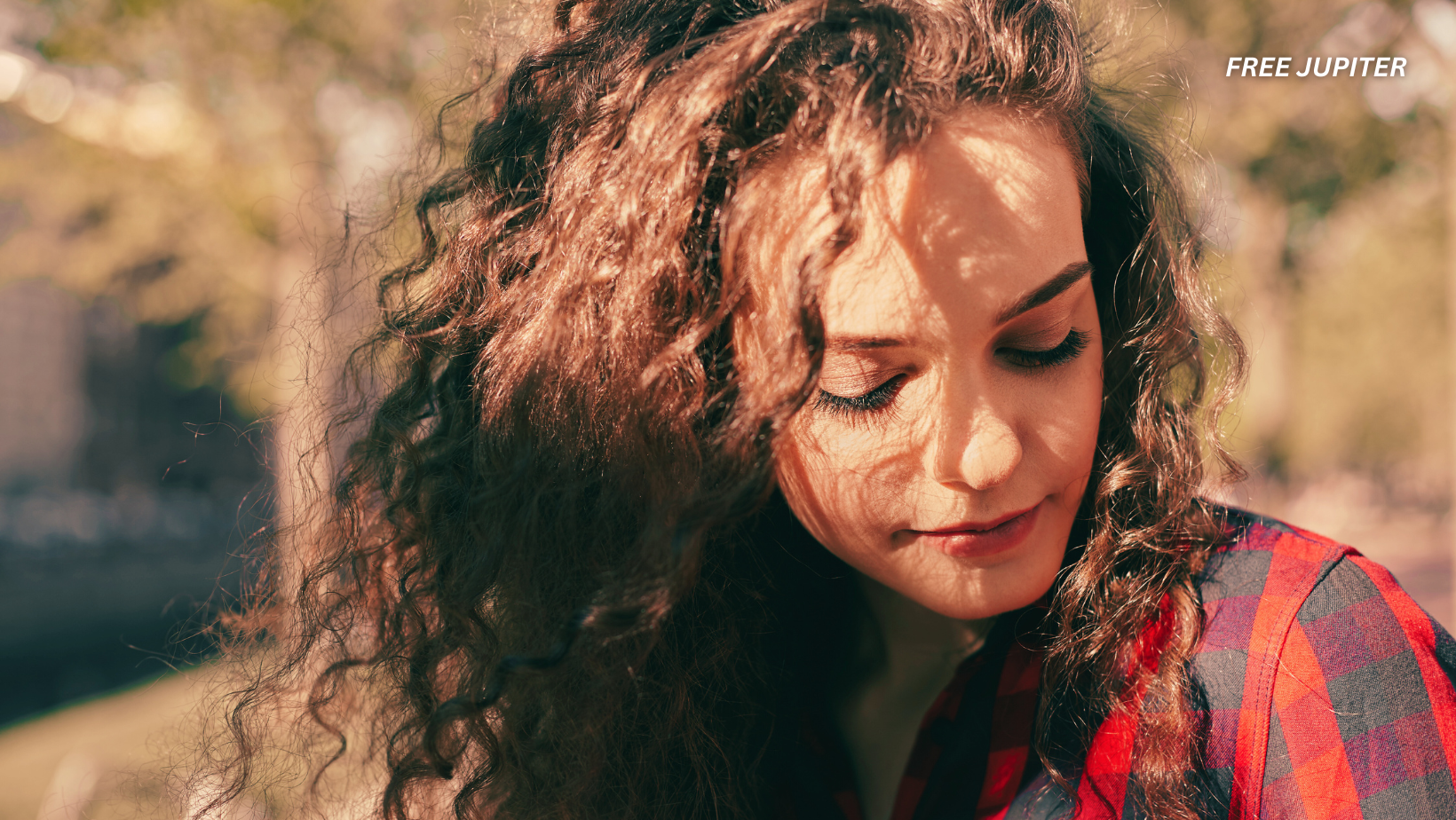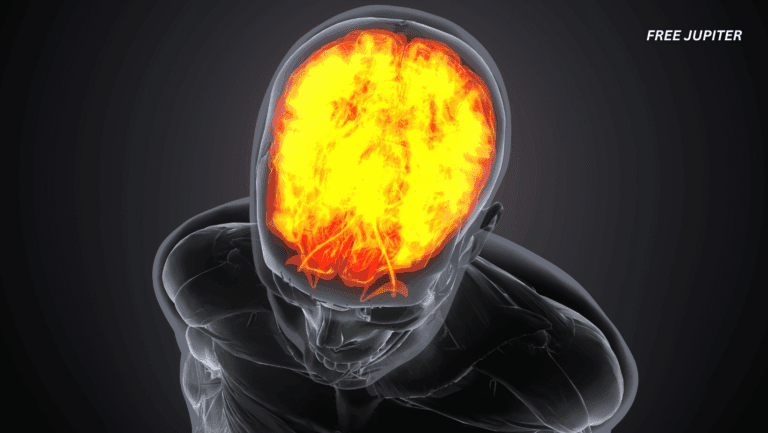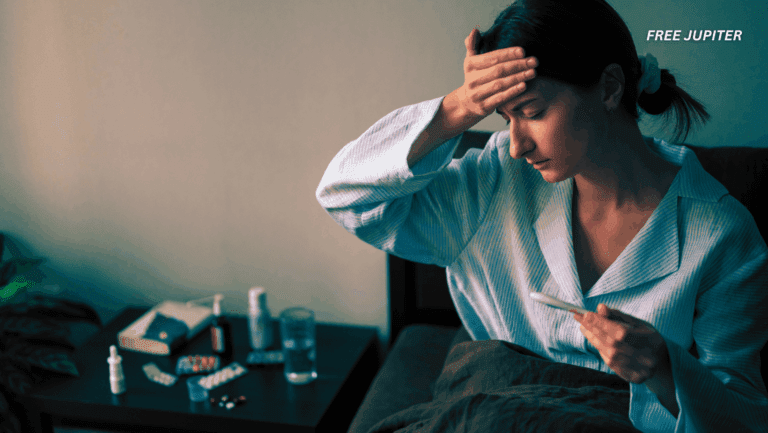Let’s face it—washing your hair can sometimes feel like a marathon. Between warming up the water, double-shampooing, rinsing, conditioning, and managing the post-shower styling process, it’s easy to put off hair wash day just a little longer than intended. And for many, that’s understandable. Modern life is busy, and washing, drying, and styling hair can feel like an ordeal that eats up precious hours.
But while skipping the occasional wash isn’t the end of the world, there comes a point when your scalp starts sending you unmistakable distress signals. Hair experts and dermatologists agree that knowing these signs can make a world of difference in maintaining not just clean hair—but a healthy scalp and confident you.
Here are nine signs your hair is overdue for a wash, and what’s really happening behind the scenes when you delay too long.
Read more: The Science Behind Resilience: How the Brain Rewires After A Setback
1. Your Hair Looks and Feels Greasy
Sebum, the natural oil your scalp produces, plays an essential role in keeping your hair soft and protected. However, when too much of it accumulates, the results are anything but pleasant.
Dr. Hadley King, a New York City-based dermatologist, explains that oil buildup makes hair appear slick and heavy, while also attracting dust and environmental pollutants. Over time, this creates a greasy appearance and even an unpleasant odor.
Even those with dry or curly hair—who might be tempted to stretch out their washes—aren’t immune. “Oil will always find its way to the surface,” says Dr. King. When that happens, it’s a clear signal that your hair and scalp are begging for a clean slate.
Think of sebum as skincare for your scalp. In moderation, it’s beneficial. In excess, it’s suffocating—blocking hair follicles, trapping dirt, and dulling your natural shine.
2. Your Scalp Feels Itchy, Tight, or Sensitive
If you’ve found yourself scratching your head a little too often, it might not just be stress or dry weather—it could be your scalp crying out for attention.
Dermatology nurse practitioner Jodi LoGerfo explains that sebum, when left unwashed, becomes a magnet for dust, dirt, and sweat. These particles mix with oil to create an ideal breeding ground for bacteria, fungi, and yeast. The result? Itchiness, redness, and inflammation.
In severe cases, this irritation can lead to small bumps or sore patches on the scalp. And once the natural barrier of your scalp is compromised, it becomes more vulnerable to infection and flaking.
A good wash not only removes impurities but also rebalances your scalp’s ecosystem—allowing it to breathe, repair, and thrive.
3. You Notice Flakes or Persistent Dandruff
Many people assume flakes mean dryness, but that’s not always the case. In fact, oily scalps are often more prone to dandruff because yeast thrives in environments rich in oil.
Dr. King points out that a buildup of sebum creates a perfect home for Malassezia, a type of yeast linked to dandruff. This condition, known as seborrheic dermatitis, can cause white or yellow flakes that cling to your hair and shoulders.
If washing doesn’t seem to fix the problem, try using an anti-dandruff shampoo with active ingredients like pyrithione zinc, ketoconazole, or selenium sulfide. These help reduce yeast activity and calm inflammation.
Ignoring flakes can worsen the condition, leading to thick, scaly patches and discomfort. So, don’t just brush off the snowflakes on your shoulders—treat them as your scalp’s SOS signal.
Read more: Want to Wake Up Happier? Try These 6 Evening Habits, According to Science
4. Existing Scalp Issues Are Getting Worse
If you already struggle with dandruff, eczema, or scalp sensitivity, skipping washes can make those issues spiral. According to trichologist Sophia Emmanuel, underwashing encourages oil, dead skin, and sweat to pile up, which can trap heat and moisture on the scalp—two conditions that allow bacteria and yeast to thrive.
When this happens, your scalp becomes a breeding ground for irritation. Over time, flare-ups become more frequent and more difficult to manage. Emmanuel stresses that consistent cleansing is key to keeping scalp issues in check.
The longer you wait between washes, the harder it becomes to restore balance. Think of it like skin care—your scalp needs regular maintenance, not just the occasional deep clean.
5. There’s Noticeable Product Buildup
Even the best hair products can turn against you if you’re not washing them out properly. Celebrity stylist TerraRose Puncerelli says she can immediately tell when clients haven’t washed thoroughly. “The scalp and hair feel coated, sticky, and heavy,” she explains.
This residue can come from styling creams, oils, serums, gels, and even shampoos themselves. Many of these products contain silicones and waxes that aren’t water-soluble, meaning they cling stubbornly to your hair unless removed properly.
Over time, this buildup can block moisture from reaching your hair cuticle, leading to dryness, dullness, and brittle strands. Puncerelli recommends double cleansing—using a clarifying shampoo for the first round to remove dirt and a nourishing one for the second to restore softness.
The takeaway? Clean hair isn’t just about frequency—it’s also about technique.
6. You’re Shedding More Hair Than Usual
Finding a few strands in your brush is normal, but if you’ve started noticing handfuls in the shower drain, your washing habits might be partly to blame.
A 2021 study in Skin Appendage Disorders revealed that people who wash their hair less frequently tend to experience more hair loss. Dr. King explains that unwashed oil and debris can cause inflammation around the follicles, making them weaker and more likely to fall out.
Additionally, LoGerfo notes that excessive buildup can smother the hair shaft, preventing it from absorbing moisture and nutrients. This makes your hair more fragile, leading to breakage and thinning.
In short, skipping washes too often can literally suffocate your strands. Regular cleansing keeps follicles open, hydrated, and healthy.
7. Your Hair Looks Lifeless and Flat
One of the most noticeable side effects of skipping washes is the lack of volume. Oil and styling residue can weigh hair down, robbing it of bounce and movement.
LoGerfo points out that modern styling products often contain silicones, which cling to the hair shaft to create shine. But when not washed away, these ingredients can coat your strands so thoroughly that they lose their natural texture and vitality.
If your hair feels limp, dull, or like it just won’t “hold” a style anymore, a clarifying shampoo or exfoliating scalp treatment might be in order. These help break through residue and restore your hair’s natural lift.
Healthy hair should move freely. When it starts sticking to your head like a heavy curtain, it’s time for a reset.
8. There’s a Faint, Unpleasant Odor
Here’s one sign you can’t ignore: the smell. If your hair has developed a faint sour or musty scent, it’s likely due to the combination of sweat, oil, and microorganisms thriving on your scalp.
Hair doesn’t produce odor on its own—but your scalp can. The longer you go without washing, the more bacteria and fungi break down sweat and sebum, releasing that telltale “dirty hair” smell.
This effect can be intensified if you exercise frequently, live in a humid climate, or use lots of hair products. Unfortunately, dry shampoo and fragrance sprays can only mask the smell temporarily. A proper wash is the only way to truly freshen up.
9. You Just Don’t Feel Like Yourself
Perhaps the most underrated sign of all: you simply don’t feel your best. Clean hair has a surprisingly powerful psychological effect. Dr. King notes that hair hygiene plays a huge role in self-esteem and social comfort.
When your hair feels clean and smells fresh, you carry yourself differently—you feel lighter, more confident, and ready to face the world. On the flip side, when it feels greasy or heavy, it can subtly affect your mood and energy.
Hair isn’t just about appearance—it’s part of your identity. Keeping it clean is one of the simplest ways to boost your confidence and overall sense of well-being.
Read more: Science Finally Answers If We Can Stop A Volcano From Erupting Or Not
The Takeaway: Finding the Balance
There’s no universal rule for how often you should wash your hair. It depends on your scalp type, activity level, and even your local climate. Oily scalps might need a wash every other day, while drier or curlier hair can go several days between cleanses.
The key is to listen to your scalp. If it’s itchy, oily, flaky, or just doesn’t feel fresh, that’s your sign. Washing isn’t just about removing dirt—it’s about restoring balance, comfort, and confidence.
So, the next time you debate whether to wash your hair or stretch it another day, remember this: your scalp is quietly communicating with you. You just have to pay attention. And when it says, “Please, wash me,”—trust that it knows best.
Featured image: Freepik.
Friendly Note: FreeJupiter.com shares general information for curious minds. Please fact-check all claims and double-check health info with a qualified professional. 🌱










